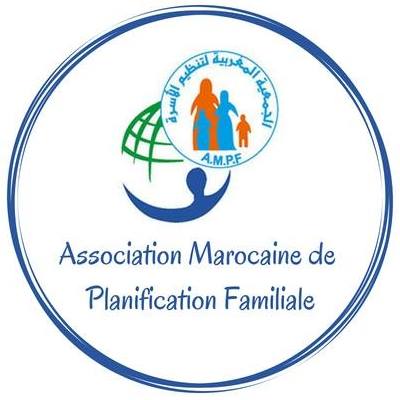

| 31 March 2016
Association Marocaine de Planification Familiale
The Association Marocaine de Planification Familiale (AMPF) was founded in 1971. The organization is actively promoting a national population policy, and does so through advocacy with political and religious leaders. This is complemented by a committed programme of information, education and communication (IEC) within the community designed to enhance understanding of the benefits of careful child spacing and contraception, in terms of health and personal welfare, and economic security and stability. There is a strong focus on sensitizing men with regard to gender issues, in order to improve women’s status. AMPF operates a large and successful network of hundreds of service points, including permanent clinics, mobile units, and community-based distributors/services (CDBs/CBSs). Website: www.ampf.org.ma

| 31 March 2016
Family Planning Association of Nepal
Established in 1959, the Family Planning Association of Nepal (FPAN) first joined IPPF in 1960 and become a full Member Association in 1969. When it was established, the idea of family planning was considered inimical to religious, cultural and social norms. With the institution of a government Maternal and Child Health Division in 1969, FPAN began to supplement and complement the national health and population programmes. Target populations include injecting drug users (IDUs), lesbian, gay, bi-sexual, trans-sexual and intersex (LGBTI) individuals, people living with HIV (PLHIV), survivors of gender-based violence (GBV) and trafficked returnees and refugees. FPAN serves these populations through an extensive network of 2,750 service points, comprising 127 static clinics, 116 mobile facilities, 184 associated clinics, 543 other agencies, and over 2,000 community-based distributors/services (CBDs/CBSs). Key areas of emphasis include adolescents' sexual and reproductive health, HIV and AIDS prevention and treatment, safe abortion, advocacy for sexual and reproductive health and rights (SRHR), the prevention of gender-based violence (GBV) and support for its victims, and the promotion of access to sexual and reproductive health (SRH) information and services to marginalized and under-served groups. With the dedicated backing of 450 full-time professional staff, 1000 community counsellors, 4000 peer educators and 11,000 grassroots volunteers, FPAN has the capacity to mobilize on a large scale, and with the support of over 20 governmental departments, non-governmental organizations (NGOs) and foundations, it has a secure funding base to maintain and expand its comprehensive programme of activities. Contacts Website: www.fpan.org







